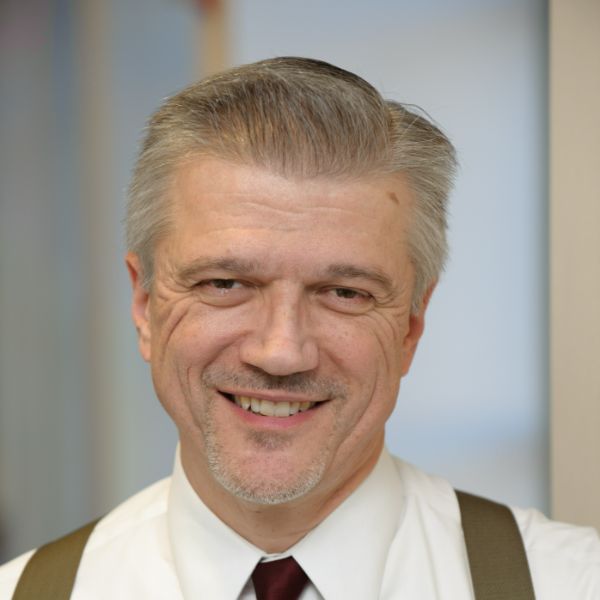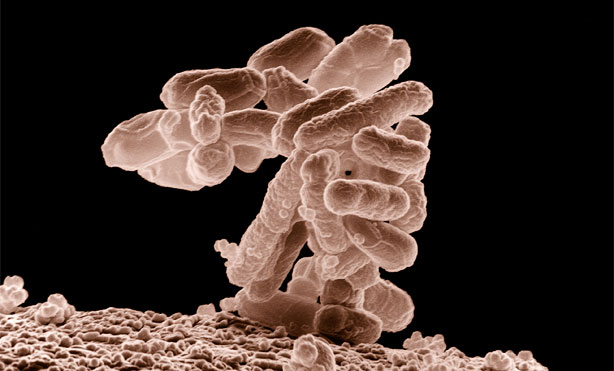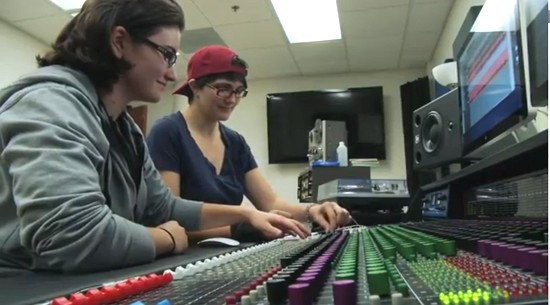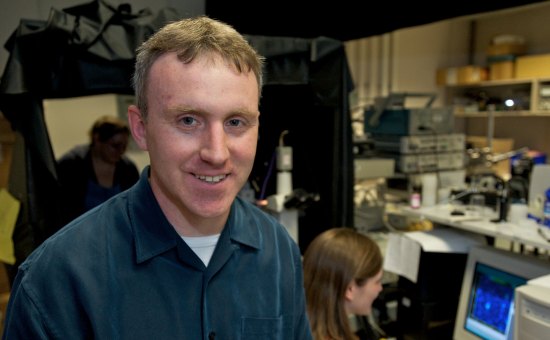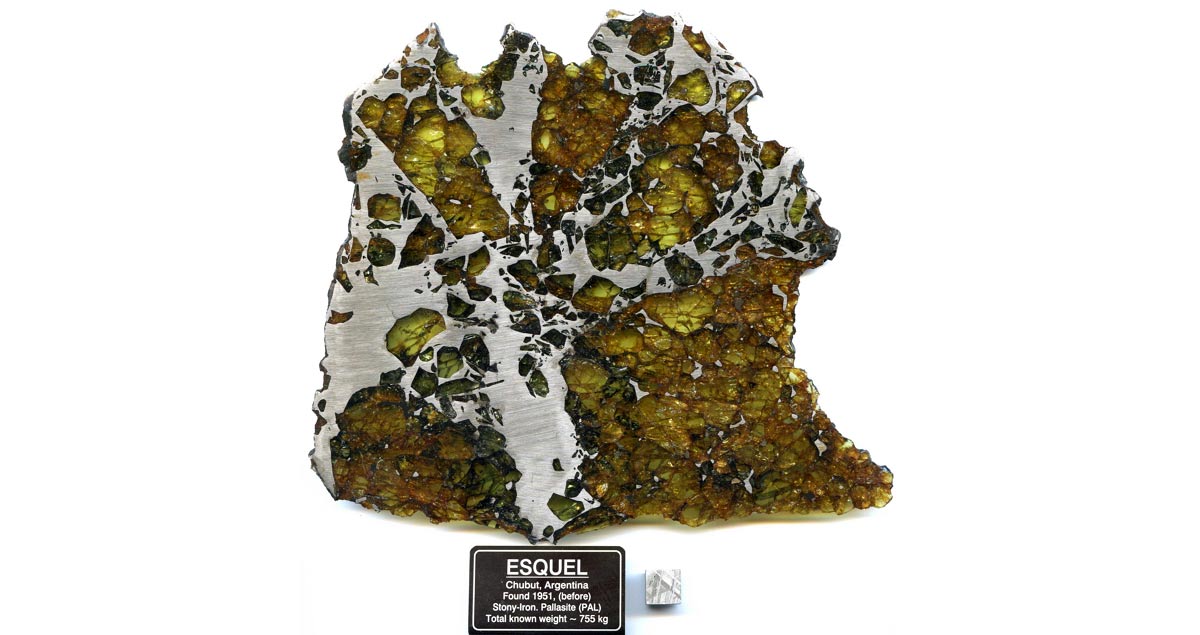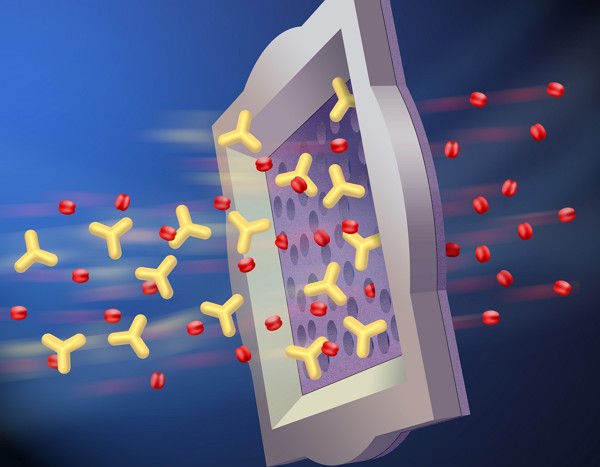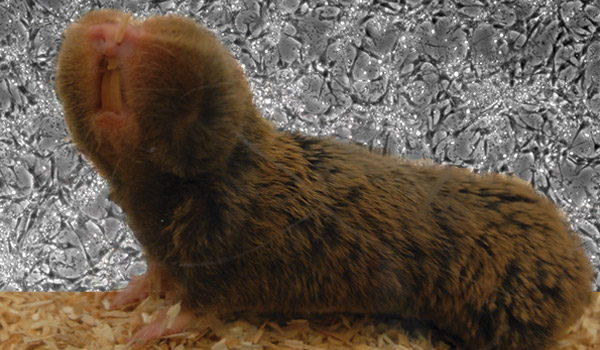
Campus & Community
Student Team Wins an International da Vinci Award
April 12, 2013
The five engineering students developed the MonoMano Cycling Control System, which enables riders to steer, brake, and shift gears on a recumbent tricycle with one hand.

